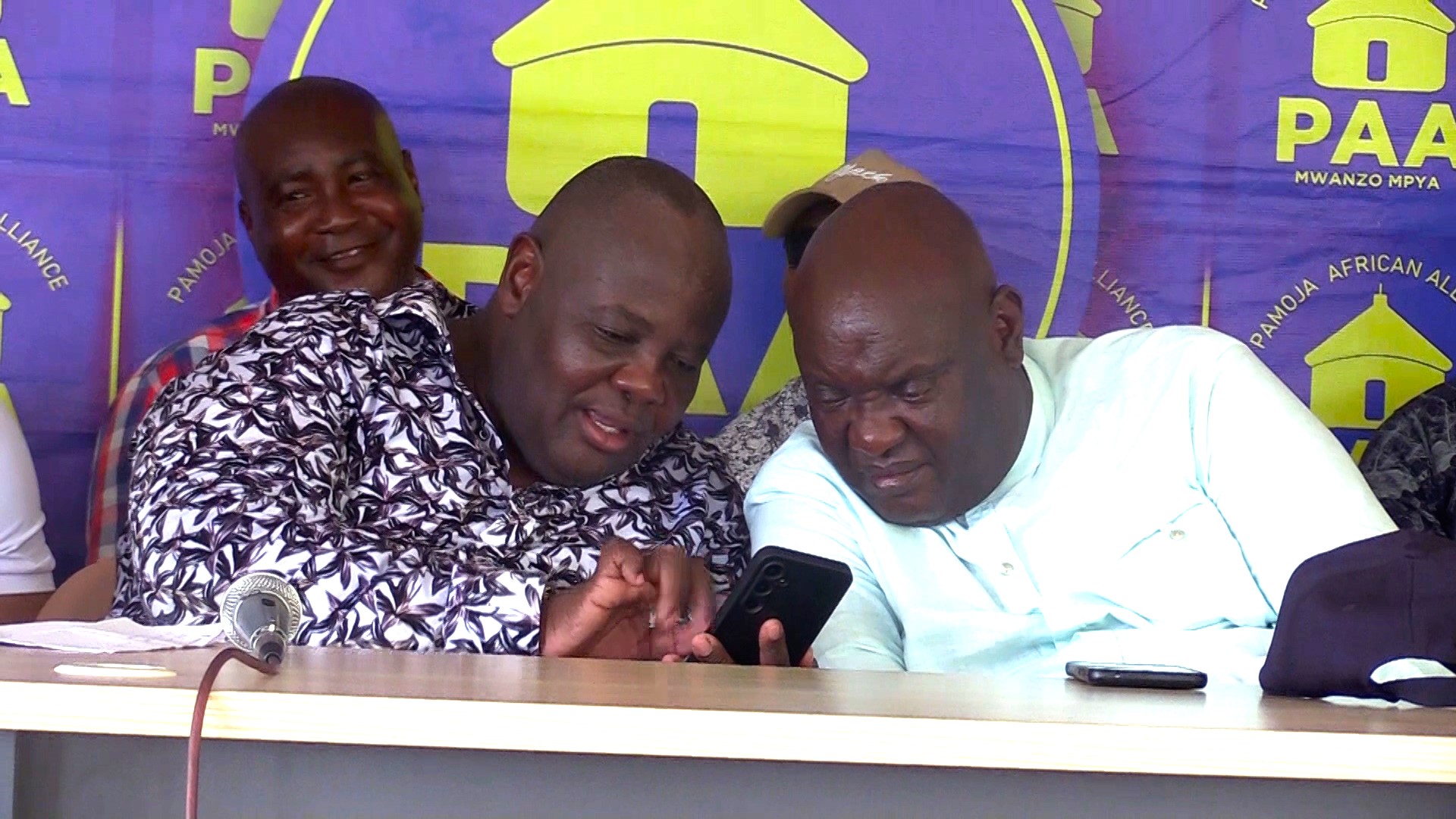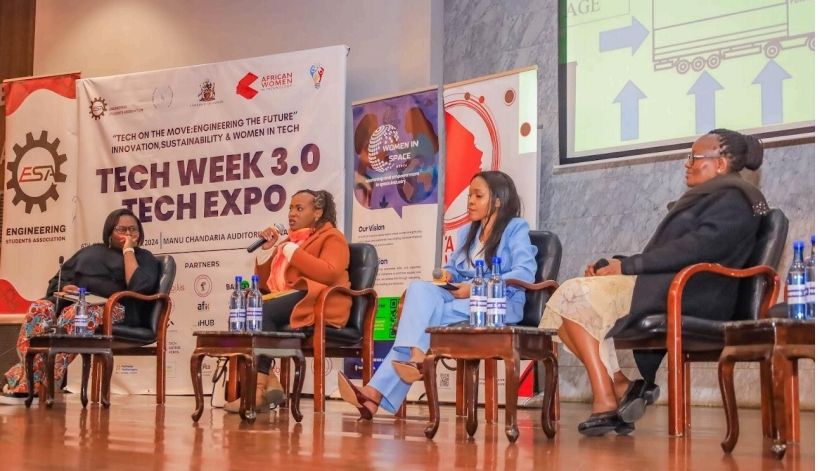Conservationists Call For Gender Equality At Nanyuki Stakeholders Meeting
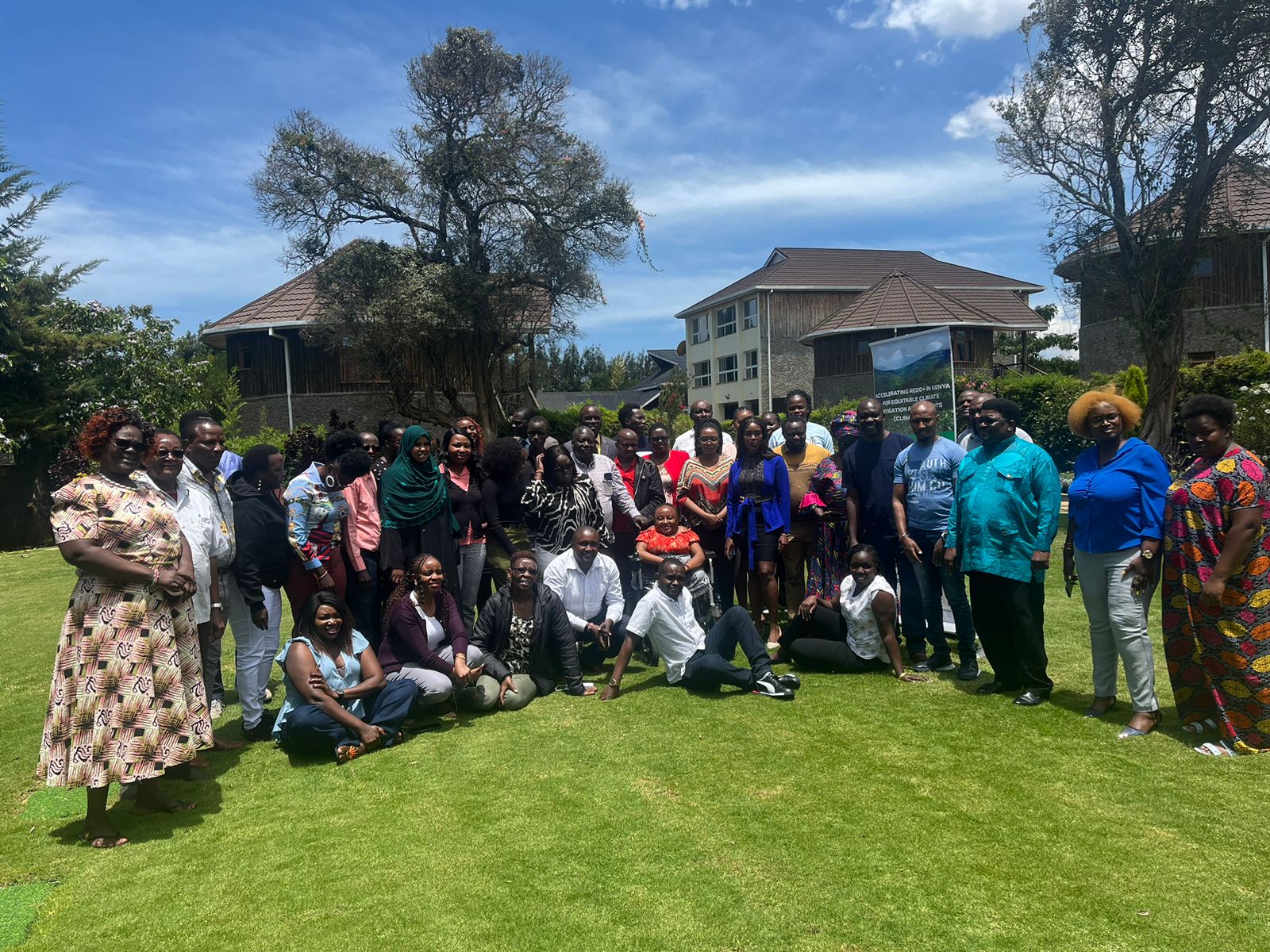
By Isabella Maua
Kenya having reached an important milestone in December 2021 by formulating Reducing Emissions from Deforestation and forest Degradation, plus the sustainable management of forests, and the conservation and enhancement of forest carbon stocks)REDD+ readiness elements, it remains crucial to consider gender parity and inclusivity to achieve the set climate smart goals.
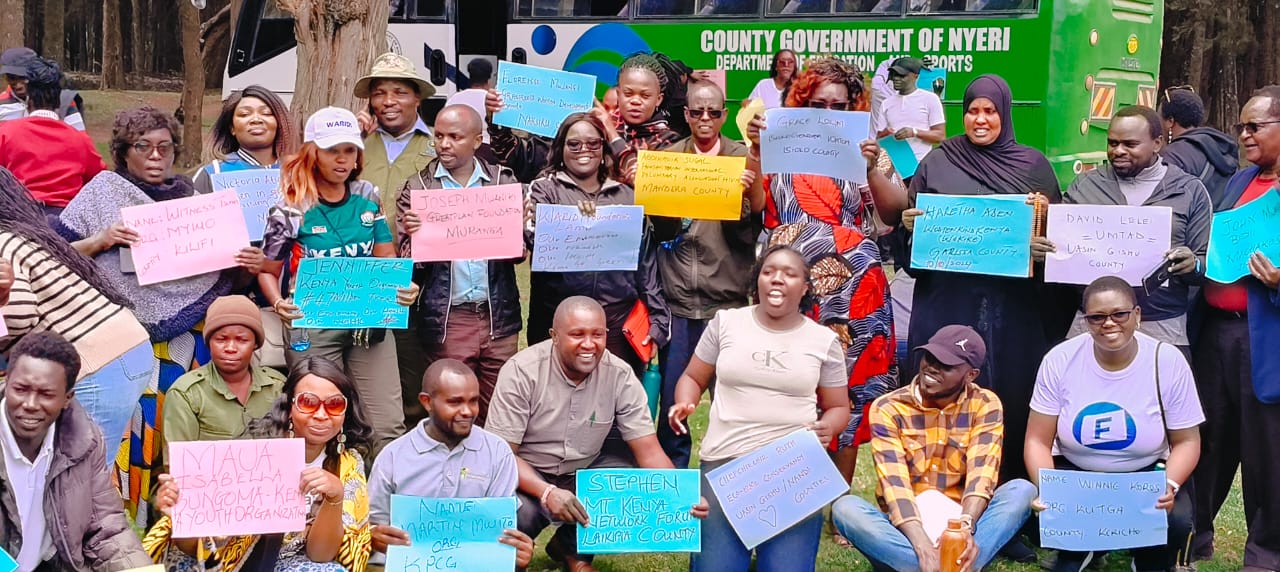
In the quest to ensure women, persons with disabilities, and indigenous communities actively take part in the implementation of the carbon projects in the country, UK PACT, Conservation International, and a consortium of partners held a capacity-building program in Nyeri County last week to strengthen knowledge among stakeholders.
Among other partners were: Kieti Law LLP, Kenya (CDH), Indigenous Livelihood Enhancement Partners (ILEPA), and Kenya Wildlife Conservancies Association (KWCA).
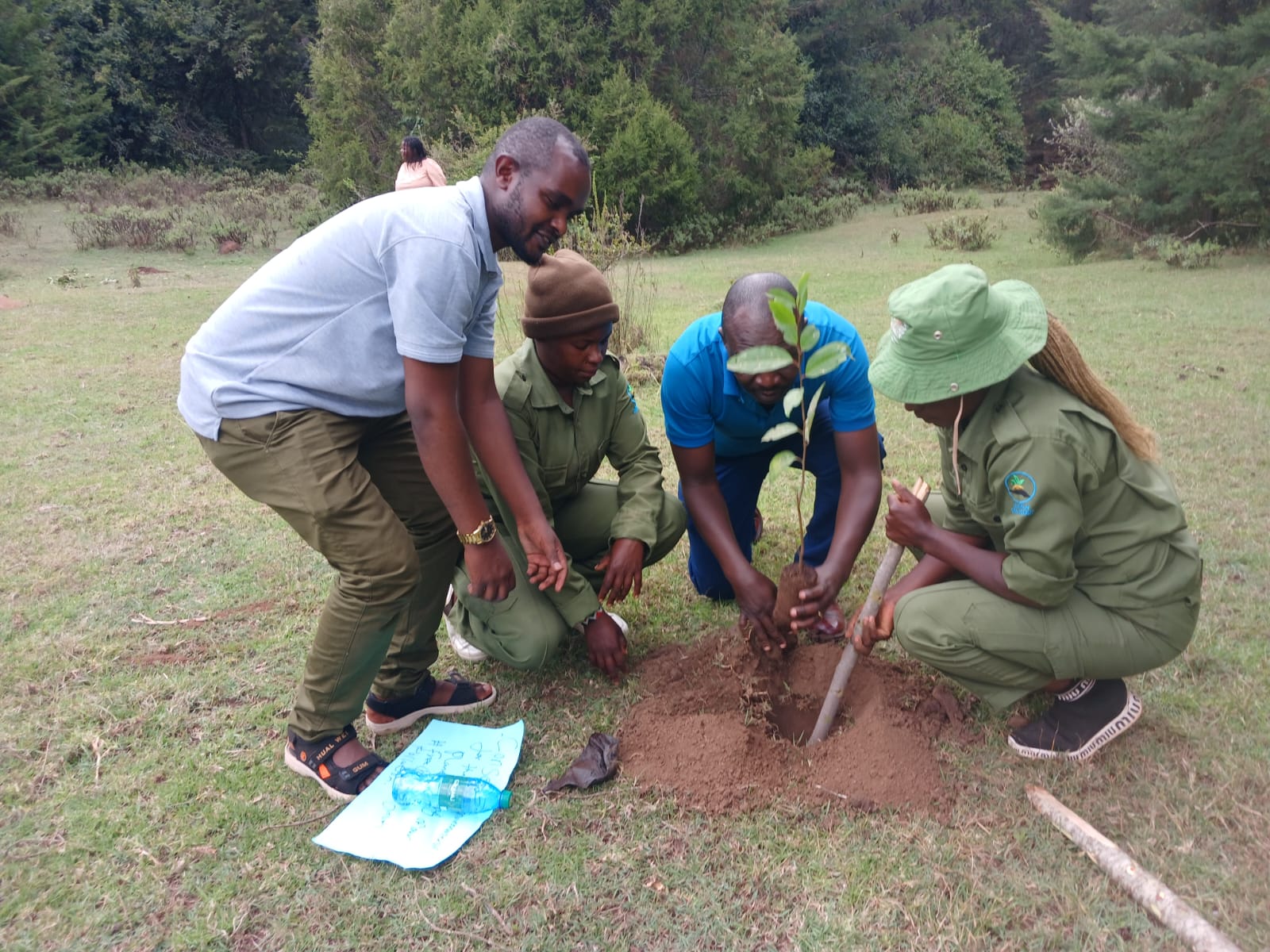
The 4-day workshop targeted to enhance the capacity of development and conservation of non-governmental organisations and civil society organisations stakeholders on the fundamentals of REDD+ and continued implementation of project-level activities in Kenya.
Owen Onyango of Conservation International divulged that they are focusing on having more trainings with as many stakeholders as possible so that they can be well equipped with REDD+ knowledge.
“We are focused on conserving forests across Kenya, and we want this training to cut across all counties; for now we are training representatives across the country who will later on be champions in their own counties,” said Onyango.
On the other hand, Faith Ngige, the National Coordinator for Kenya Platform for Climate Governance, accentuated the need for CSOs incorporation on REDD+ matters and carbon credits.
“Being an umbrella body for all CSOs in Kenya, we have taken this opportunity to train CSO leaders and regional coordinators from all counties on carbon credits and climate change guardrails,” noted Ngige.
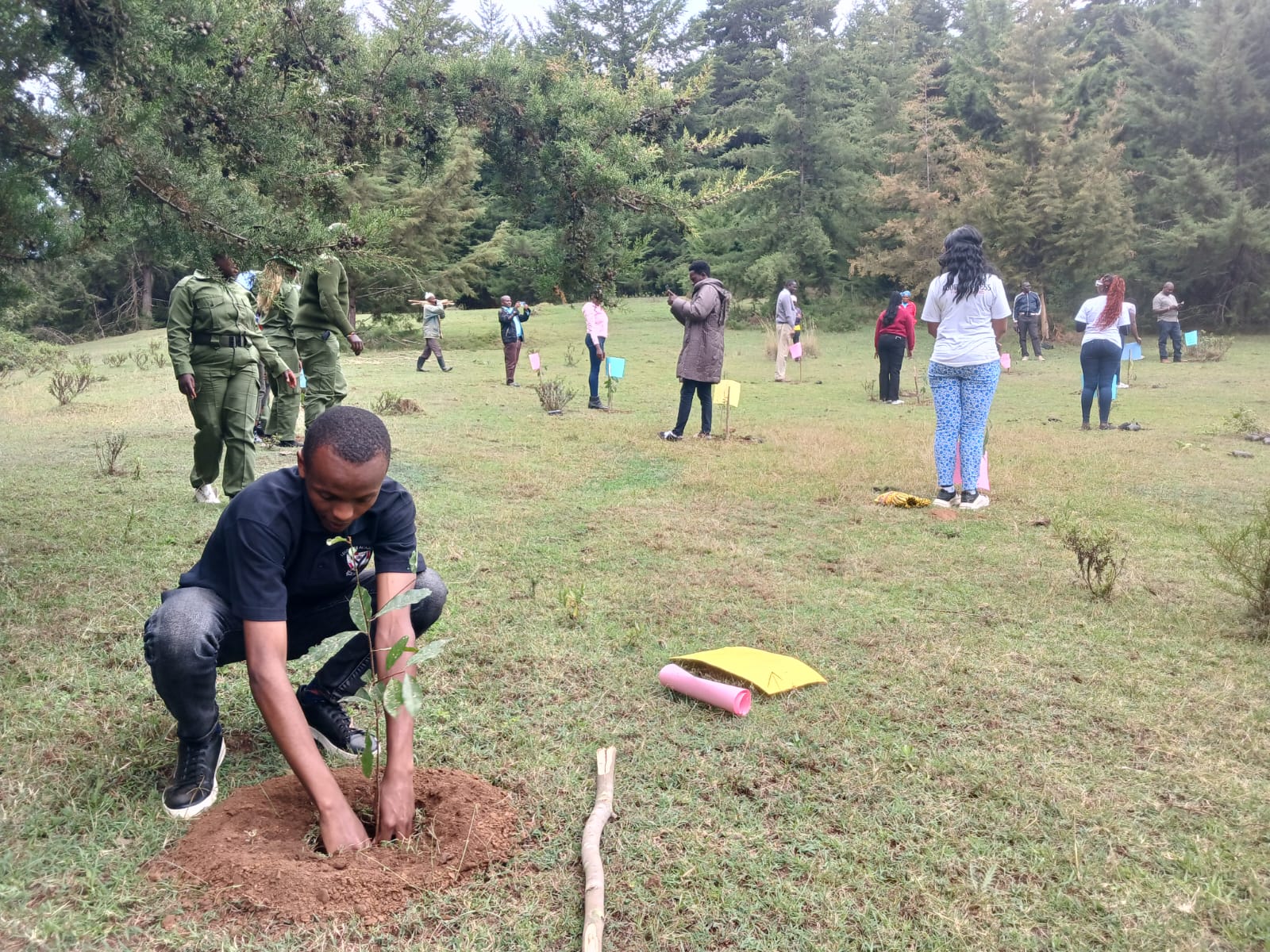
The workshop nonetheless incorporated stakeholders from the marginalised and minority communities in the country as well as representatives from PWD and youth-led organizations.
Jackline Kibet from West Pokot County and a Youth Senate Kenya representative acknowledged to have learnt a lot from the Mt Kenya visit, revealing that the tour to the Mt Kenya forest to plant trees was insightful.
“I have learnt a lot from this workshop, and to be honest, it’s a great challenge for all of us who have attended to borrow a leaf from Nyeri communities for passionately conserving and continuing to plant more trees in their vicinity,” cited Kibet.
According to SP Mwangi (Symo Wa Nyeri), chairman of the Mt Kenya West Community Forest Association, Nyeri has achieved a forest cover of 45.17%, surpassing by far the 10% target of Kenya by 2030.
“We are thankful to the Water Sector Trust Fund and the Mt Kenya Trust for greatly supporting us in conserving our forests, especially by focussing on endangered animal species like white rhinos and indigenous trees like red cedar,”he commented.
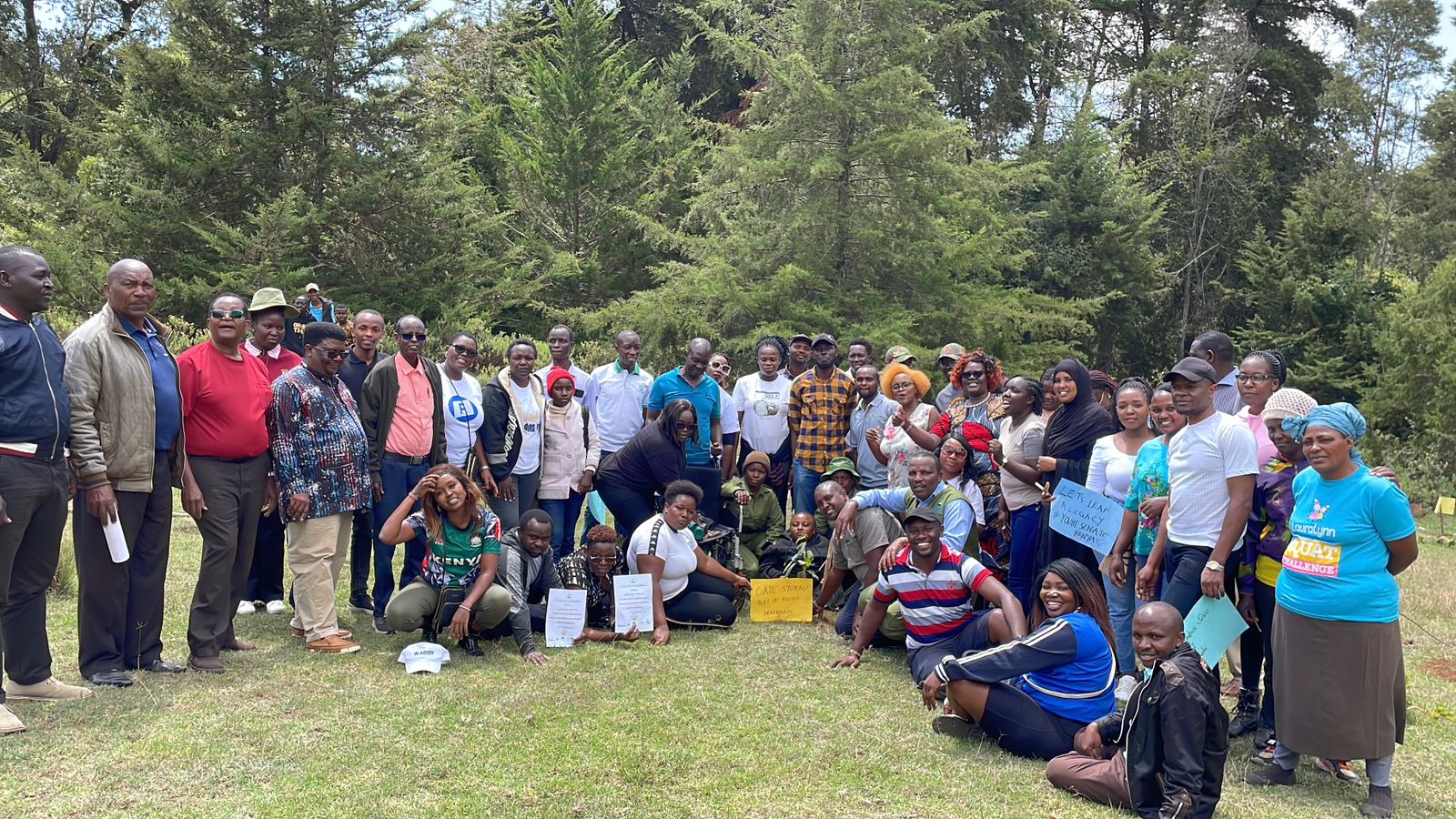
Catherine Syokau from Machakos Sight of Relief Organisation highlighted: “As a representative of persons with disabilities, I am grateful that we have had very interactive, inclusive, and informative sessions with the Conservation International team, and we shall share the knowledge with our communities back home.”
The workshop ended with emphasis put on the need and importance of free prior and informed consent (FPIC) from the community, especially the indigenous and local ones.



